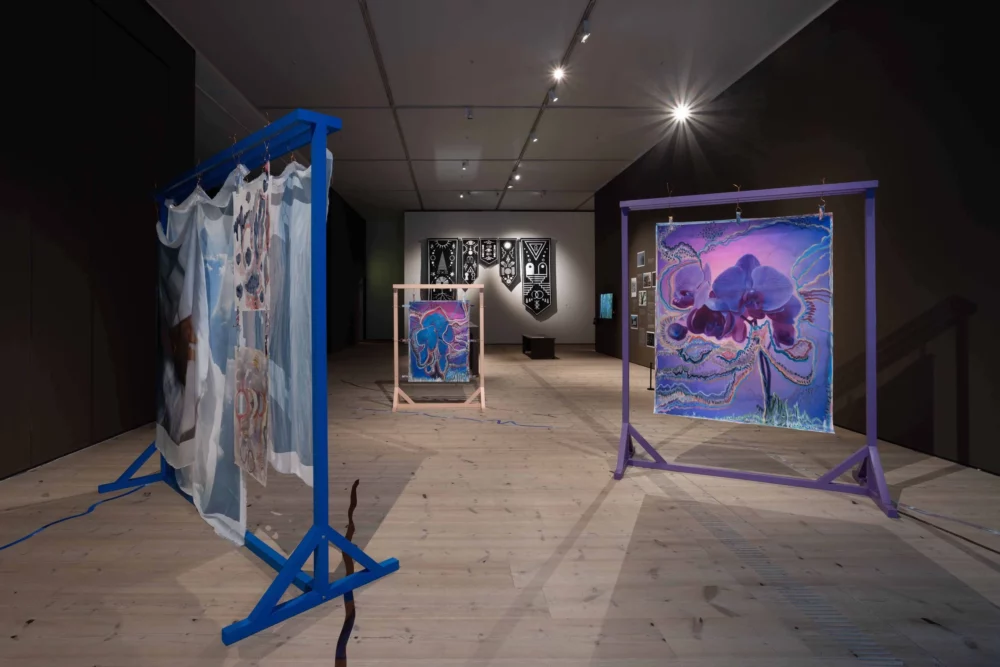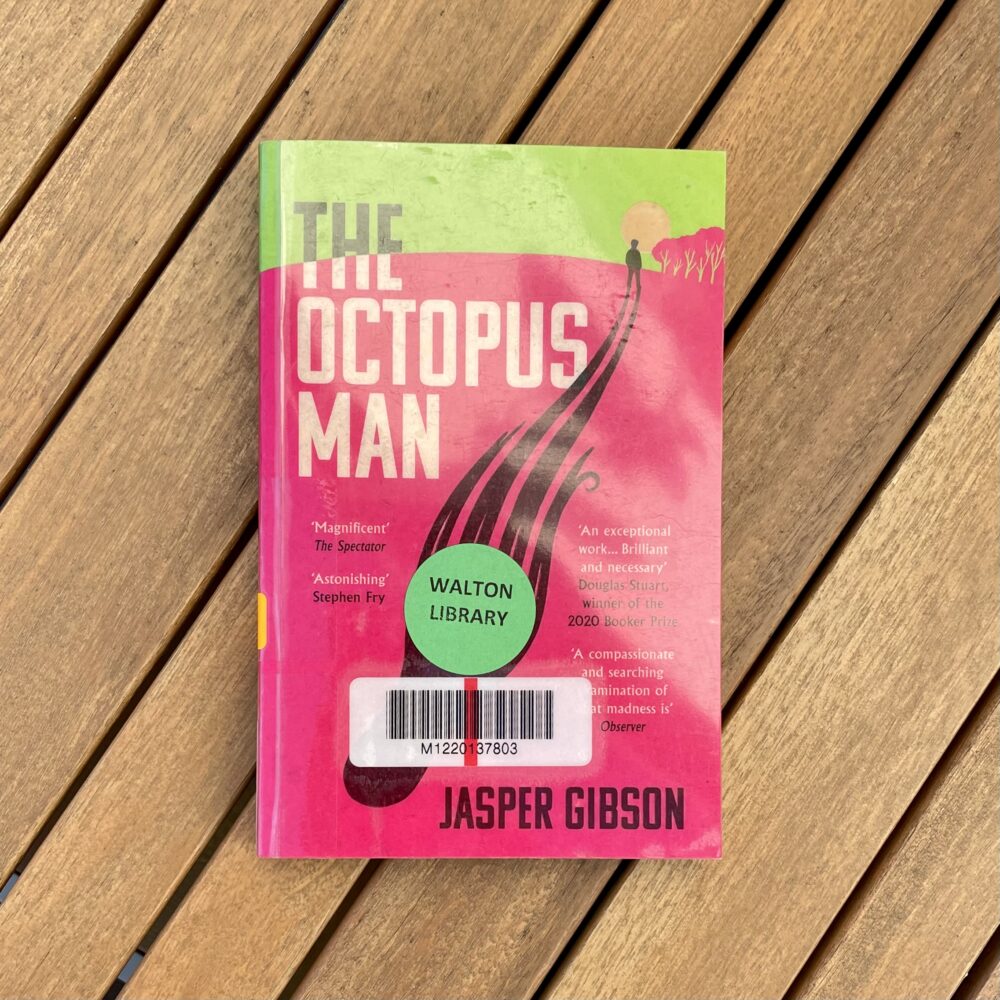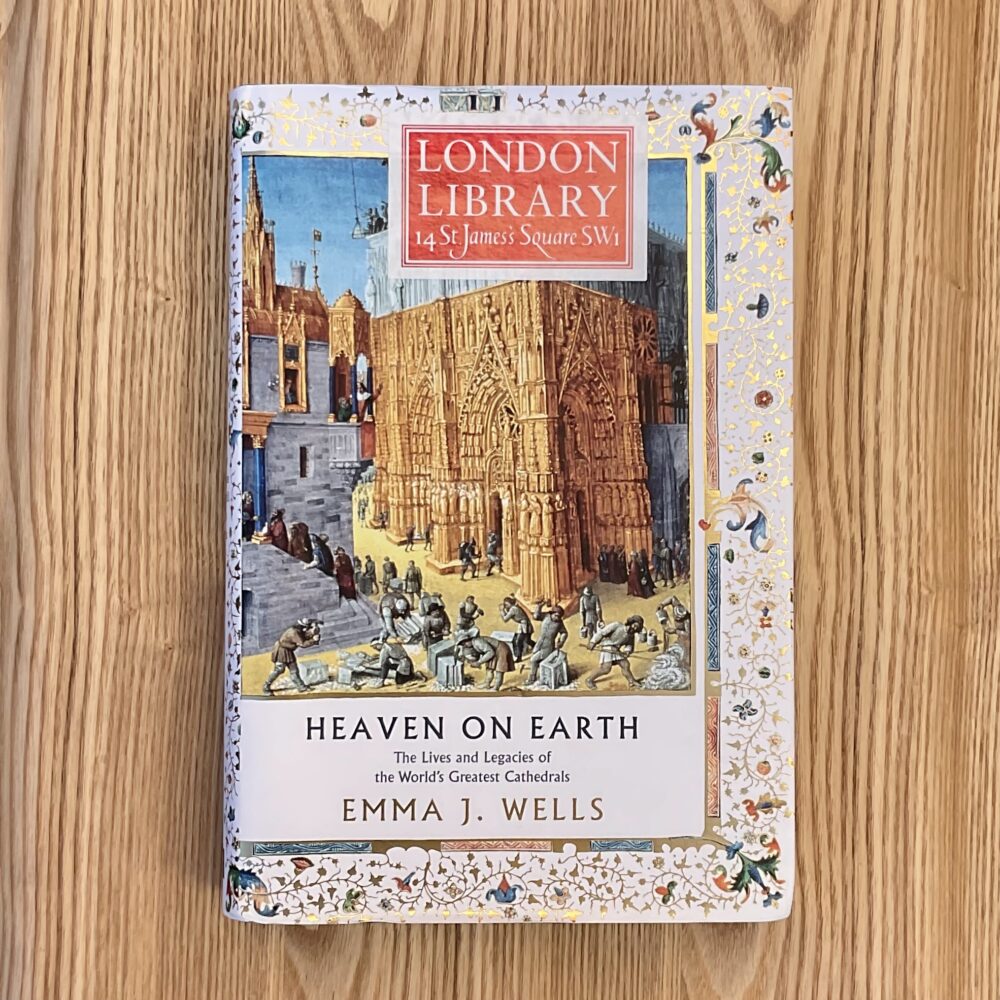I’ve been reading ‘Boy Parts’ by Eliza Clark

Boy Parts is Eliza Clark’s first novel. It was published in 2020. I thought I’d give it a go after it was mentioned in passing on the radio.
The novel, largely set in Newcastle, is narrated by a Royal College of Art graduate, Irina, who is also working in a bar to make enough money to survive. Early in the novel, she is offered the opportunity to exhibit at a fashionable London gallery, which leads her to look through an archive of her work to date, as well as throwing herself into production of new work. Her art involves taking explicit photographs of average-looking men she scouts in everyday life.
This is one of those novels that hits the reader full-square in the face from the first page, and doesn’t slow down. Some have described it as a horror and some as a thriller, but I think it defies straightforward categorisation. It explores questions about the connection between art and mental illness, about gender norms in contemporary Britain, about the nature of consent, and about the attitudes of cluelessly disconnected people based in London to those in “the North”. I note that Clark is a Newcastle-born novelist living in London, and the last of these elements is so hilariously / depressingly pitch-perfect that it must surely be drawing on her own experience. (Irina’s “Is your dad a miner?” query recalled my own ”I’ve never met a doctor from one of the Northern medical schools!” moment when working in London.)
There are some moments of quite graphic violence in this novel, which would often put me off, but here they are integral to the character-building, and so didn’t seem unnecessary or gratuitous. There is some mention of Newcastle-specific details, including a paragraph riffing on the possible routes that a character could take when driving between two locations, but this seemed to parody assumptions about geographical familiarity made in books set in the capital—which I found hilarious.
All things considered, I thought this novel was exceptional, and I look forward to Clark’s future work.
I’m grateful to Newcastle City Library for lending me a copy of this book.
This post was filed under: Post-a-day 2023, What I've Been Reading, Eliza Clark.







